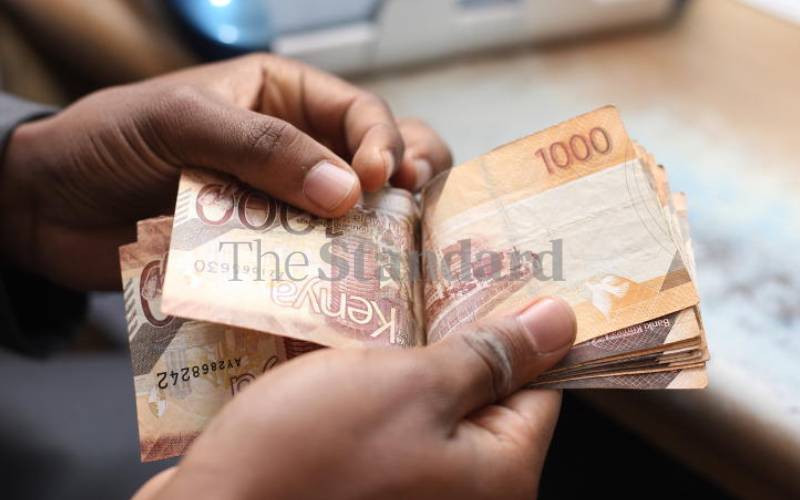×
The Standard e-Paper
Join Thousands Daily

After years of relying on large manufacturers, importers and salaried Kenyans, the Kenya Revenue Authority (KRA) has launched an aggressive campaign to fulfil President William Ruto's demand for more revenue to meet his ambitious pre-election pledges by going after the hustlers.
The Ruto Government last year tasked KRA to collect Sh4 trillion from taxpayers against the Sh3 trillion it collected in the 2002/23 financial year.